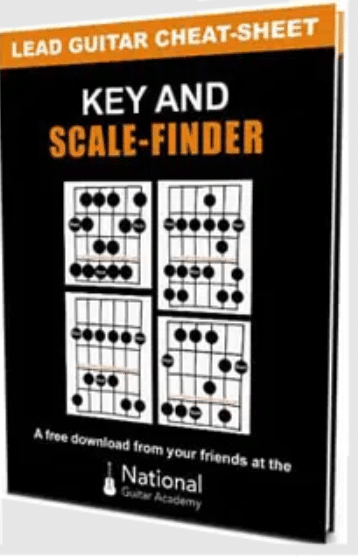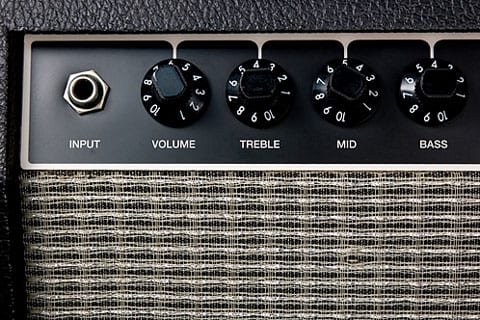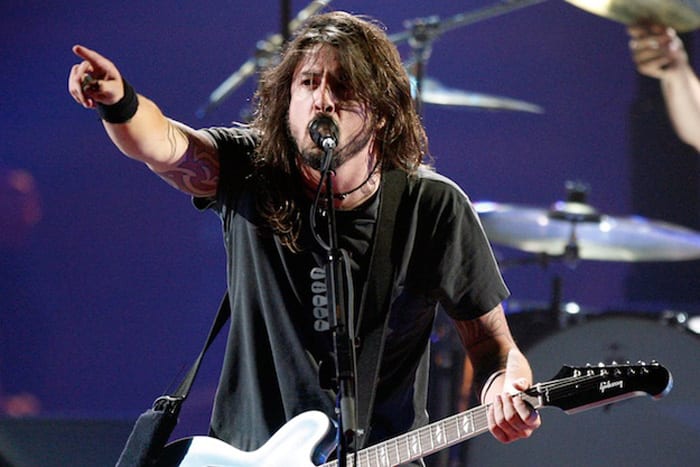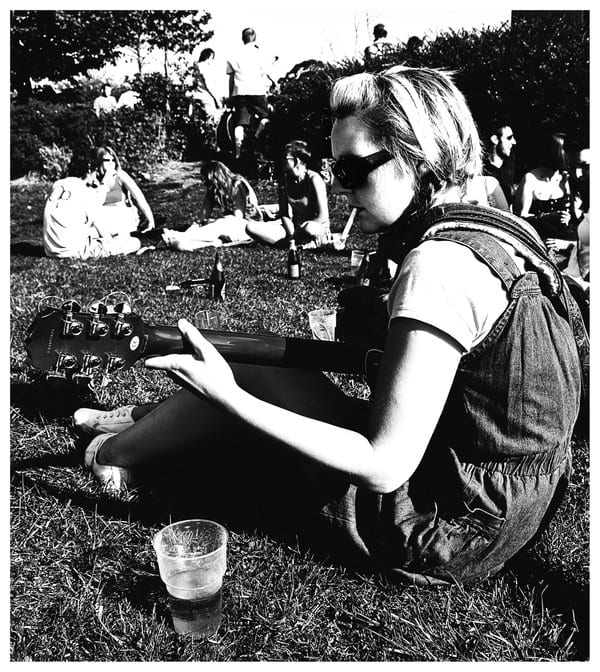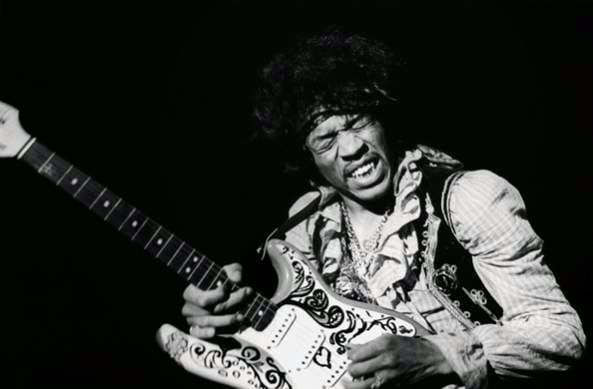Want to learn how to EQ a guitar amp? You’re in the right place! We’re going to show you everything you need to know about EQing your guitar amp.
In this free guitar lesson you will learn:
- 3 quick & easy tips that will show how to EQ a guitar amp.
- 3 epic amp settings that will instantly make you sound amazing.
- How to understand amp controls and set up your amp perfectly.
EQing your guitar amp is the quickest and easiest way to sound amazing quickly. It’s amazing how many guitarists don’t know how to EQ a guitar amp.
Guitar amps are the heart of your guitar tone. It’s pretty simple really, if your guitar amp isn’t set up correctly you won’t sound good. If it is, you will.
In this article we’re going to take a look at some essential tips that will help you craft your guitar tone and show you to EQ a guitar amp. Let’s get started!
Over 100,000 guitar-learners get our world-class guitar tips & tutorials sent straight to their inbox:
Click here to join them
Get our best guitar tips & videos
Step 1) How To EQ A Guitar Amp – Understanding The Controls
Almost all guitar amps share the same controls, these controls are:
- Gain
- Bass
- Middle
- Treble
- Presence
- Master Volume
Let’s break down what each of these controls do.
The ‘Gain’ Knob
This knob controls the amount of distortion which is featured on the amp.
If you keep this control low, your guitar tone will have little to no distortion, if it’s set high your guitar will be more distorted.
The ‘Bass’ Knob
This controls the amount of ‘bass’ in your guitar sound. If you want your guitar to sound warm and thick, turn this control up.
Too much bass can often lead to your guitar sounding muddy, so make sure that you use this control sparingly.
The ‘Middle’ Knob
This controls the amount of ‘mids’ in your guitar tone. The more mids you have, the more you will stick out in a band mix.
The ‘Treble’ Knob
This controls how bright your guitar sounds. If you want your guitar to sparkle, turn this knob up. If you seek warmer tones, try bringing this knob down.
The ‘Presence’ Knob
The presence knob starts where the treble knob stops. It’s essentially like a ‘super treble’ control. This is perfect for country guitar or spanky funk lines.
The ‘Master Volume’ Knob
The ‘master volume’ knob controls how loud or quiet your amp is. Make sure this knob is always cranked!
These controls are usually found on the front or top of the guitar amplifier, like this:
Now we understand what the function of each control are, let’s take a look at how to dial in the perfect amp tone.
Download our lead guitar cheat-sheet to make things easier
It's hard to understand which scales work with which keys.
So we created a cheat-sheet! A key and scale-finder that you can use again and again.
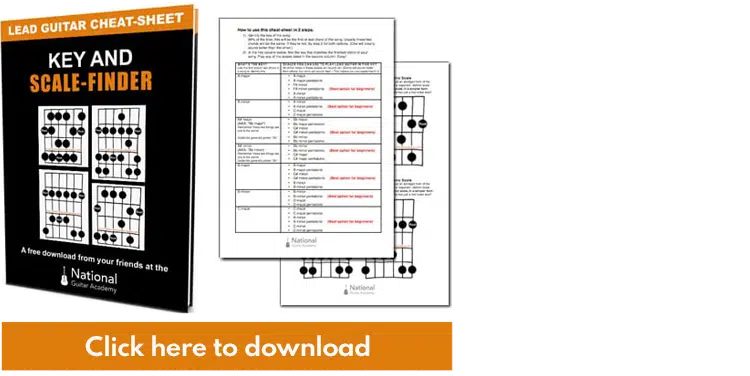
Get your personalised guitar-learning plan 🎸
Get a custom guitar-learning plan here: Click here for GuitarMetrics™
World-Class Guitar Courses 🌎
Learn from the world's best guitar educators: Click here for our guitar courses
Step 2) How To EQ A Guitar Amp – Dialling In The Perfect Guitar Tone
Before we dive into some cool amp settings, let’s take a look at some essential tips which will help you set up your guitar amp with ease.
Tip #1 Set All The Controls To 12 o’ Clock
When setting up your guitar amp, the first thing you should do is set all of your controls to 12 o’clock.
Many beginners get ‘option paralysis’ when it comes to setting up a guitar amp. It’s easy to become overwhelmed when learning how to EQ a guitar amp.
Setting everything at 12 o’ clock gives you a great starting point, from here it’s easy to tweak your amp to where you want it.
Tip #2 Gradually Tweak Each Control On Your Amp
When learning how to EQ a guitar amp, gradually tweak each control until you find the sweet spot.
When you EQ your amp, make sure that you spend some time on each control.
Don’t just dive straight into adjusting every single knob, pick one control and gradually turn it until you are happy with your guitar tone.
As well as this, many guitarists tend to sweep from 1-10 on the controls so quickly that it’s almost impossible to tell the difference between each setting.
There are so many great settings to be found on each knob, so make sure that you spend your time tweaking and honing your guitar sound.
Tip #3 Don’t Crank The Gain Knob
One of the biggest mistakes that beginners make is cranking the gain knob. Cranking the gain knob on the amp will just turn your guitar to mush.
Sure, it can be fun and there’s nothing wrong with having a great crunch tone. However, it’s important to be modest with the gain knob.
It’s really easy to go from a great distorted sound to something that sounds like a can of bees.
The level of your gain knob is something that you should definitely be aware of when learning how to EQ a guitar amp.
Learning how to EQ an amp is essential if you want to become an epic electric guitarist. If you want electric guitar lessons, go here:
Tip #4 Your Home Tone, Is Different To Your Live Tone
Most people don’t realise this, but there is a HUGE difference between how you set your amp up compared to how you would set it up in a live situation.
When setting up your amp at home, you’re more likely to set up your guitar amp so that it sounds huge. Loads of bass, loads of gain, no mids and a dash of treble.
Even though this guitar tone might sound and feel amazing at home, as soon as you get into a band your sound will be lost and you won’t be heard.
Here are a few essential things that you need to be aware of when setting up your amp for a live gig:
- Make use of the ‘mid control’.
The mids are the frequency that your guitar lives in! Make sure you have plenty of mids.
- Use less gain than you think.
Using lots of gain live isn’t the best idea. Often the more gain you have, the more your tone becomes muddy. Make sure that you use less gain, you will sound better.
- Angle your guitar amp.
It’s pointless having your amp flat to the floor, there’s no way that you’re going to hear it!
When playing live, point the amp towards your head. That way you can hear yourself and dial in your tone exactly how you want it.
Tip#4 If It Sounds Good, It Is Good!
When learning how to EQ a guitar amp, trust your ears. If it sounds good to you, then it is!
There is no right or wrong way to EQ a guitar amp. If you’re confident that your amp sounds the best it can, then that’s fine.
Step 3) How To EQ A Guitar Amp – 3 Essential Amp Settings That Will Make You Sound Amazing
If you’re interested in getting some great amp settings, there are 3 essential tones that you’ll need. These are:
- A sparkly clean sound. (This tone is perfect for chords and rhythm guitar.)
- A dirty crunch sound. (This tone is perfect for chunky riffs or bluesy solos.)
- A ripping lead sound. (This tone is perfect for ripping solos or heavy metal riffs.)
These 3 sounds will get you through any gig and any song that you’re trying to execute.
We’re going to show you 3 essential amp settings that will help you achieve these tones instantly.
How To EQ A Guitar Amp – The Clean Sparkly Tone
Here are the amp settings for the perfect clean sound:
Even though it’s fun to play with loads of gain, sometimes it’s nice to kick back with a chilled out clean tone.
Notice how the gain, bass and mids are backed off on this amp setting, yet the treble and presence is boosted.
This will give your amp a sparkle that is guaranteed to cut through the mix.
If you really wanted to enhance this setting, you may want to add a dash of reverb to add some ambience in.
What Do These Amp Settings Sound Like?
Here’s an example of what this setting sounds like:
You could use this amp setting in the following genres:
- Funk.
- Country.
- Indie.
Learn 12 EASY beginner chords with our popular guide
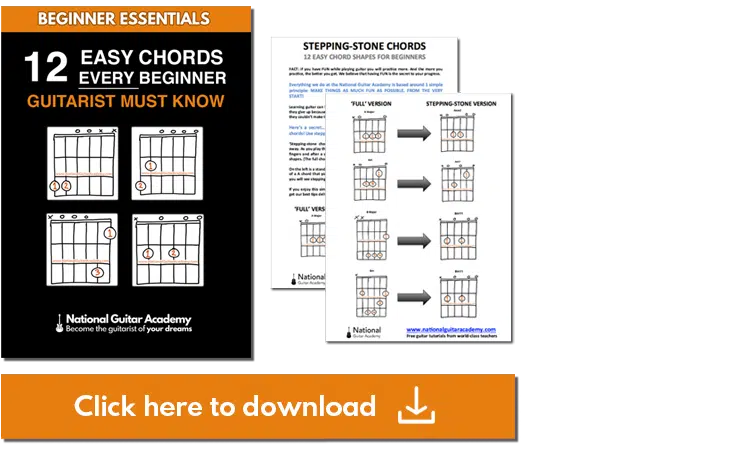
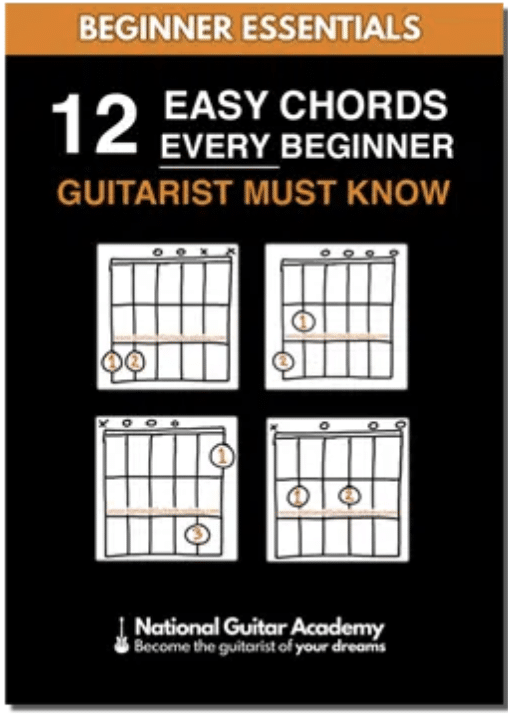
Where should we send it?
✅ Stop struggling. Start making music.
✅ Learn beginner-friendly versions of every chord.
This is our most popular guide and it will improve your chord ability quickly! 😎
Get your own personalised guitar-learning plan 🎸
Get a custom guitar-learning plan here: Click here for GuitarMetrics™
World-Class Guitar Courses 🌎
Learn from the world's best guitar educators: Click here for our guitar courses
Where Can I Hear Some Classic Clean Tones?
Here are some examples of some great clean tones.
‘Slow Dancing In A Burning Room’ by John Mayer
In this example, John Mayer demonstrates how clean sounds can be great for chords and solos.
‘Don’t Let Me Down’ by The Beatles
This classic track The Beatles is a perfect of example a sparkly clean tone!
‘Shine On You Crazy Diamond’ by Pink Floyd
This track is a great example of how a really great clean tone can be used for lead and rhythm guitar.
How To EQ A Guitar Amp – The Classic Crunch Tone
Here are the amp settings for the perfect crunch tone:
Notice how in this example the gain is cranked just over half way. For this setting we decided to add a bit more gain and bass with boosted treble and presence.
This is a tone which is guaranteed to cut through the mix and sound huge at the same time!
You could use this amp setting in the following genres:
- Blues.
- Rock.
- Country. (For a dirty solo!)
Most people don’t realise that you have to adapt your chords when playing with distortion. To chords for electric guitar, go here:
Electric Guitar Chords – A 5 Step Guide For Rapid Chord Skill
What Do These Amp Settings Sound Like?
Here are a few great examples of where you can hear this guitar tone.
‘You Shook Me All Night Long’ by AC/DC
Angus and Malcolm Young are the king’s of crunchy guitar tones and this song is no exception!
‘Kashmir’ by Led Zeppelin
Not only is ‘Kashmir’ an epic riff, it’s also a great example of some crunchy guitar tones.
‘Everlong’ by Foo Fighters
‘Everlong’ was one of the Foo Fighters biggest hits. It’s a great song with distorted tones to die for!
How To EQ A Guitar Amp – The Rippin’ Solo Tone
Here are the amp settings that you need to dial in the perfect solo tone:
Often your guitar amp will have a separate channel for your distortion. Make sure that this channel is selected before you dial in these settings.
These settings are typically used in genres such as rock and metal.
In this setting, we’ve kept the gain at around 3 o’clock and added some bass, mids and treble. This allows our guitar sound to cut through the mix without becoming mushy.
To become an epic lead guitarist, you need to know your way around the fretboard. To learn lead guitar, go here:
What Do These Amp Settings Sound Like?
Here’s what this setting sounds like:
Where Can I Hear Some Classic Lead Tones?
Here are some examples of some classic lead guitar tones:
‘Bad Horse’ by Steve Vai
Even though this song is one for the shred dudes, it’s a classic example of some epic lead tones.
‘Purple Haze’ by Jimi Hendrix
Hendrix was and still is the king of guitar solos. ‘Purple Haze’ is a classic example a perfect solo tone.
Guitar solos are at the heart of rock guitar. Check out this article from Guitar World to see what the top 50 guitar solos of all time are:
‘Sweet Child O Mine’ by Guns N’ Roses
Slash was known for creating fiery solos which blazed a path through any song. His solo in ‘sweet child of mine’ is a great example of some epic lead guitar tones.
What Type of Guitarist Are You?
Take our 60-second quiz & get your results: Take The Quiz
Join the world's best online guitar school 🌎
- Get your own personalised guitar learning plan (customised just for YOU).
- World-class online guitar courses. Learn at your own pace.
- Community Campus & Learning Forum - A friendly community! Connect with our team & students. 😊
- Beginner Song library with chordsheets, tabs and tips. (Songs suitable for all levels!)
- Regular live streams, seminars and Q&A sessions - Learn from world-class guitar educators. Get all your questions answered!
Click here to learn more about National Guitar Academy membership 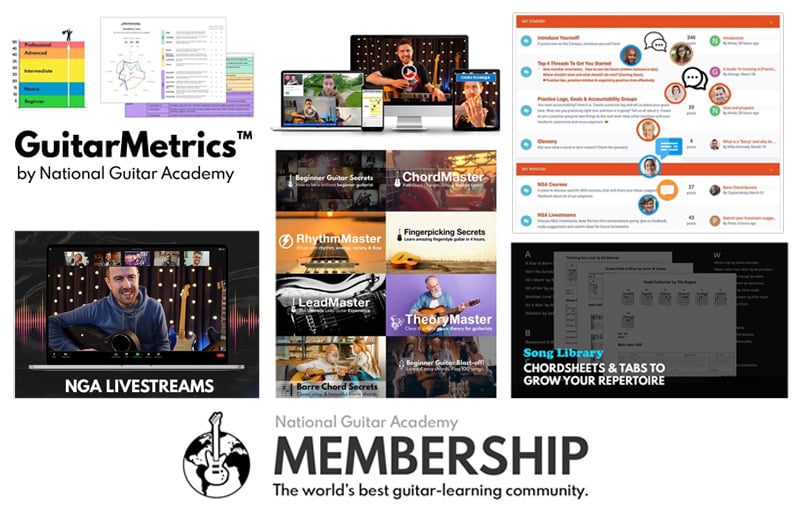
Cool Guitar T-shirts 😎
Look cooler! Check out our merch: Click here to see our merch store
Want free guitar tips and video lessons delivered to your inbox?
Join over 100,000 guitar-learners and subscribe to our guitar-tips-by-email service. (It's free.)
We'll send you a series of lessons that will move you to the next level of your guitar journey.
Learn how everything fits together quickly, easily and effectively. We share ninja tips (for instant fun!) but also timeless fundamentals that will deepen your understanding.


Get our best guitar tips & videos
Popular Lessons
How To Learn Guitar: An 11-Step Programme For Beginners
How To Choose The Perfect Beginner Guitar
More Cool Guitar Stuff
Learn about National Guitar Academy: About Us
Join us on Facebook for daily guitar tips.
Listen to our Learn Guitar Podcast for rapid guitar progress.
Check out our free chord lessons.

